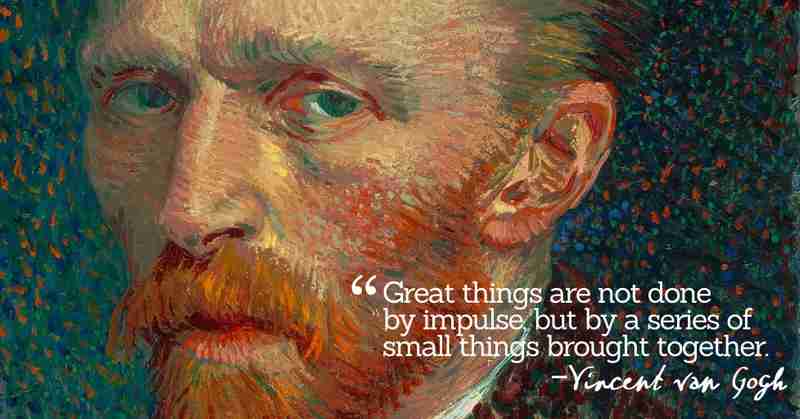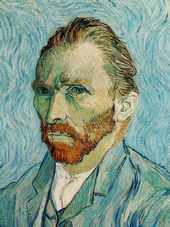
In October 1900, Pablo Picasso (1881–1973) moved to Paris and opened a studio there at age 19. Shortly thereafter, Picasso was deeply affected by a close friend and fellow artist’s suicide. Art historians believe this event marked the onset of Picasso’s Blue Period (1901–1904,) during which he produced many stoic and sentimental paintings in mostly monochromatic shades of blue and blue-green. The Art Institute of Chicago remarks,
Picasso’s Blue Period … was triggered in part by the suicide of his close friend Carlos Casagemas in 1901. The works of this period are characterized by their blue palette, somber subject matter, and destitute characters. His paintings feature begging mothers and fathers with small children and haggard old men and women with arms outstretched or huddled in despair.
Perhaps Picasso’s Blue Period is an instance of serendipity. Legend has it that one day Picasso had only blue paint to work with. When he started toying with the effects of painting with one color, he discovered the potential to produce interesting paintings that conveyed a sense of melancholy.
In what would become the hallmark of this greatest artist of the 20th century, thanks to serendipity, Picasso leveraged an apparent constraint into an unintended creative outcome. As such serendipity goes, the confluence of many factors helped Picasso initiate a new art genre showcasing themes of alienation, poverty, and psychological depression that, though now considered marvelous, then kept potential patrons away.

.jpg)
 Vincent embarked upon his artistic career at the somewhat advanced age of 27. According to
Vincent embarked upon his artistic career at the somewhat advanced age of 27. According to 



 Vincent was raised in a religious and cultured atmosphere. Growing up, he possessed a difficult temper and lacked self-confidence. All through youth, Vincent struggled to find his place in the world. This was a precursor to his life-long struggle to find meaning and establish some kind of harmonious relationship with the outer world.
Vincent was raised in a religious and cultured atmosphere. Growing up, he possessed a difficult temper and lacked self-confidence. All through youth, Vincent struggled to find his place in the world. This was a precursor to his life-long struggle to find meaning and establish some kind of harmonious relationship with the outer world.
 For the next nine years, with Theo’s financial and emotional support, Vincent traveled around Europe teaching himself to draw and paint. He struggled financially and even starved sometimes after spending the entire stipend that Theo sent him on art supplies rather than on the necessities of living. After a great deal of meticulous experimentation and assiduous practice, Vincent developed his artistic expertise to a level where he could execute art swiftly.
For the next nine years, with Theo’s financial and emotional support, Vincent traveled around Europe teaching himself to draw and paint. He struggled financially and even starved sometimes after spending the entire stipend that Theo sent him on art supplies rather than on the necessities of living. After a great deal of meticulous experimentation and assiduous practice, Vincent developed his artistic expertise to a level where he could execute art swiftly.